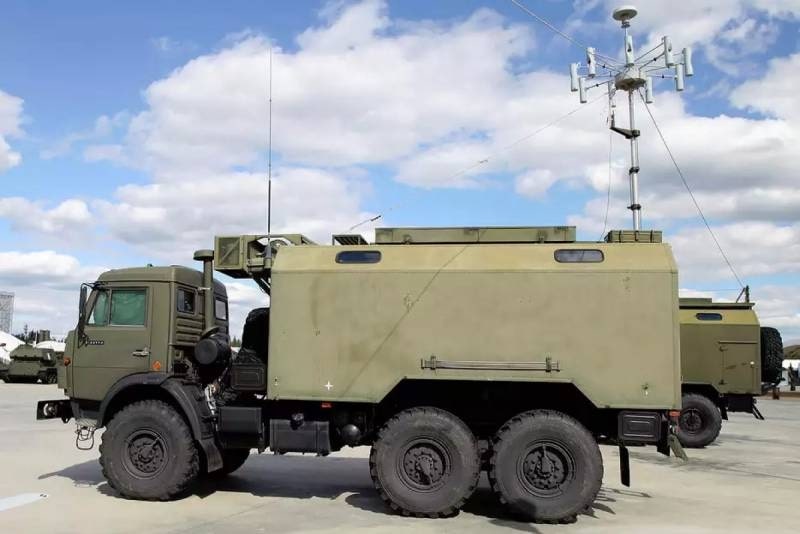Ukraine has purchased 2,000 Chinese-origin leisure drones for surveillance purposes on the battlefield in another round of drone wars with Russia. Kyiv scores several tactical victories by destroying Russian equipment but loses all its aircraft to electronic warfare and anti-aircraft fire as the Russians adjust before procuring another large batch of UAVs.
Commercially available drones are used for attack purposes, Intelligence-Surveillance-Reconnaissance (ISR) roles, and directing artillery fire. Even Russia employed Chinese DJI drones for a considerable amount of time, correcting the barrage of its howitzers and ensuring its shells fell on target.
However, Russia has significantly reduced the use of foreign-made UAVs, as they have nearly been absent from the Russian Ministry of Defense (RuMoD) publicity videos for nearly six months.
Its domestic industry has fielded a series of drones for the purpose, many relatively less sophisticated but with more indigenous Russian components, to reduce dependence on Western imports.
New Fleet Of UAVs
Mykhailo Fedorov, Ukraine’s Minister of Digital Transformation, posted a video on X (formerly Twitter) of the massive fleet of civilian UAVs delivered to front-line troops. The nearly 2,000 Autel EVO MAX 4T drones with artificial intelligence from the Army of Drones project will conduct reconnaissance, adjust artillery, and find even well-disguised Russian targets.
A descriptive text in the video said, “The Army of Drones continues to strengthen the Ukrainian Defense Forces. Today, we are sending almost 2,000 Autel Evo Max 4T drones to the frontline. These birds will serve as the eyes of our military. Each Autel has 30x zoom, allowing it to conduct reconnaissance and adjust the artillery (fire) without approaching the occupier’s positions. More to come.”
Army of Drones is sending to the frontline almost 2,000 Autel EVO MAX 4T. These drones are equipped with AI tool, which automatically detects & tracks targets. Quality data means more brilliant results by UAVs strike units. Stay tuned. pic.twitter.com/choqy9k7wz
— Mykhailo Fedorov (@FedorovMykhailo) October 6, 2023
Ukraine’s Army Of Drones Project
The Army of Drones was launched by President Volodymyr Zelensky last year as a global crowd-funded effort to generate a massive inventory of drones for use in the war. These could be bought off-the-shelf from the open market or the donations used to develop and build new drones within the country in partnership with Ukraine’s fledgling state-run defense enterprises and private industry.
Ukraine has prominently used civilian and leisure UAVs against Russian soldiers by retrofitting them with basic release mechanisms and dropping grenades on trenches and inside open hatches of tanks and armored vehicles. It has also strapped large quadcopters with explosives and Rocket-Propelled Grenade (RPG) to be smashed into Russian armor.
Simple Drones, Big Impact
Dozens of popular videos show Russian soldiers being surprised when small bombs are modified with fins for stability and ensure they fall beside them. Some graphic recordings showed servicemen either being killed on the spot or injured severely, while others were lying maimed on the ground after collapsing and later presumably succumbing to their injuries.
Russia, too, replicated the practice to a minor degree towards the middle of last year, but not to the extent the AFU exploited commercially available drones. At one point, the AFU was also using hexacopters strapped with Rocket Propelled Grenade (RPG) warheads to slam them on Russian armor, as was reported by the EurAsian Times.
But the latest is First-Person View (FPV) drones, where UAV operators strap a screen under their forehead and cover their eyes to have the drone’s perspective in flight. This gives greater flexibility and control in flight. Both countries are training drone pilots by the thousands, as the specialization is high in demand.
Videos released by both militaries show drone footage from the FPV UAVs, strapped with explosives to be flown into tanks, artillery pieces, and ground targets as loitering munitions.

Limitations Before Russian Electronic Warfare
A September 26 article in the Associated Press reveals one such Ukrainian kamikaze drone unit’s efforts in consistently destroying Russian equipment since the latter “quickly catches up each time (the) unit gains an edge.” “Success…lies in constant battlefield iteration and innovation,” the report added.
A May 2023 report by the Royal United Services Institute (RUSI) said that Russian electronic warfare (EW) has brought down nearly 10,000 Ukrainian drones each month, which averages 330 daily. Western military observers have long noted Russian EW to be formidable, far exceeding the US’s current capabilities.
Beijing also officially banned its drone makers from exporting to Ukraine and Russia at the beginning of September. “They still manage to get them through middlemen and third countries, but it’s slower,” said a report on CBS News.
NPR said Ukrainian operators can “only keep a drone aloft for a couple of minutes before the Russians find it and knock it out.” “Ukraine, in turn, (is) working on software that can prevent Russian electronic jamming,” it added.
- The author can be reached at satamp@gmail.com
- Follow EurAsian Times on Google News